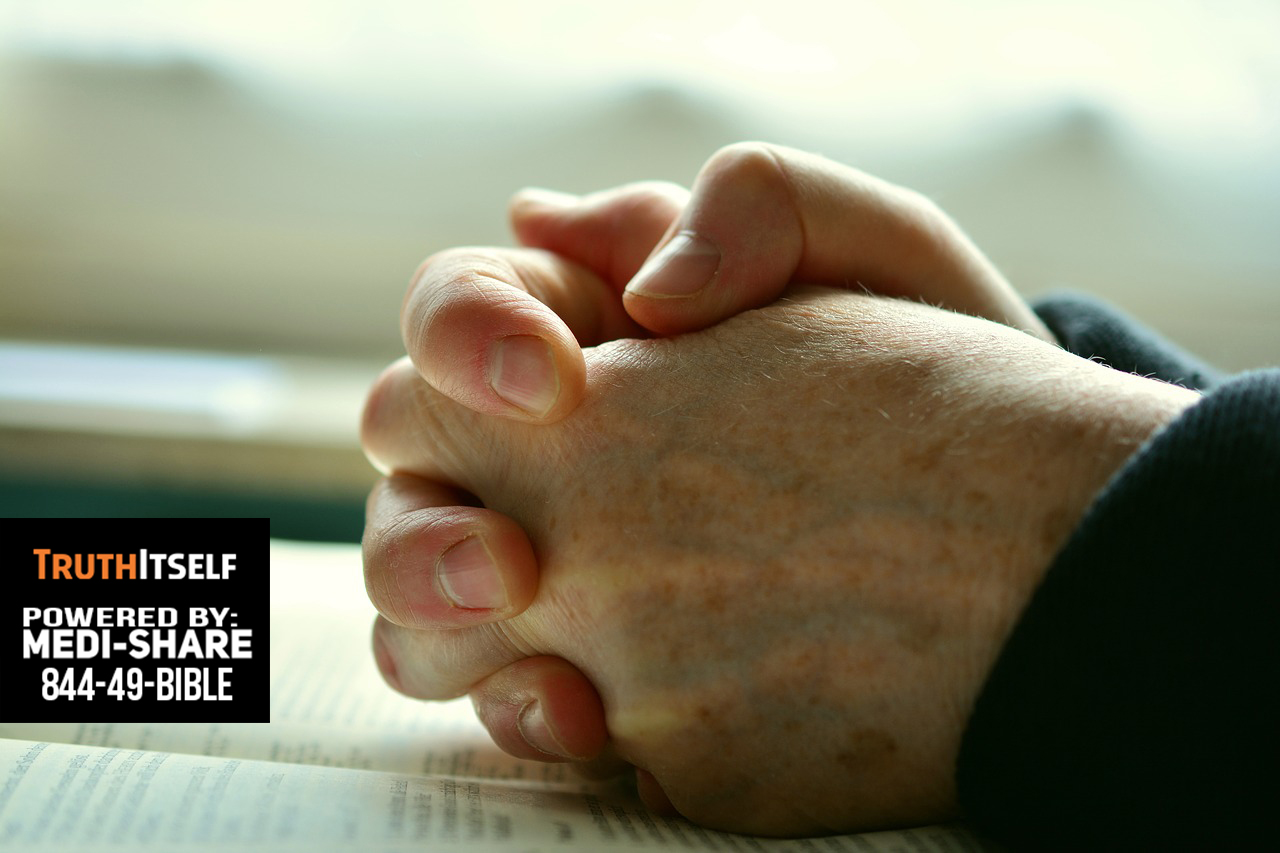
If we want to see healing, then we have to be healers. If we want to see peace, then we have to make peace. If we want to see the end of violent tragedies in our world, then we have to take action to counteract those tragedies. How do we overcome moral licensing and our own complacency in order to make a difference in the world? Zamzow’s article has an answer for that: “We must remind ourselves what we are praying for.” When we pray, we must also take time to reflect on what we’re actually praying for and how we can live out those values each and every day through what we do. Not just through your words, but through your concrete, real-world actions. If you profess to be a follower of Christ, then you are called by God to take part in his healing work. We could be the the answer to those prayers, if only we would choose to be. And the good news is that God has already put in place a mechanism for improving the world: his people. We want to see the world become a better place. And as we sit on our hands expecting him to drop out of the sky and fix everything, he’s waiting for us to do the work he’s called us to. God’s primary method of acting in the world is through his people.

But we are called to do so much more than just pray. Yes, we are supposed to pray about the evil we face in this world, and yes, our prayers matter a great deal. The rest is up to God.” This defeatist approach is not only bad theology it’s a logical fallacy that our brains trick us into, as this article lays out. I can’t tell you how many times I’ve heard this idea that, “Well, I prayed about that shooting, and that’s all I can do. This why the knee-jerk “thoughts and prayers” reaction to every single tragedy in our world is so problematic. Welcome them.Įven for those who genuinely believe in the power of prayer, it is clear that prayer is not enough to solve social problems like poverty, climate change and gun violence. Jesus did not tell us to merely pray for those in need he said to help them. Now we are all in danger of publicly offering our thoughts and prayers, giving ourselves a pat on our backs for offering our support and then failing to do anything else.īut prayer was never meant to be a substitute for action. This has some dire consequences, as she explains: She breaks it down better than I can, but basically, when we do something good, our brains are hardwired to let us off the hook for doing anything else. Prayer is not a replacement for action but the hope that our actions will be fruitful, and in surgery as in gun control, we humans are the means by which change occurs.Over on Ethics Daily, Jen Zamzow published a great piece on why offering thoughts and prayers after a mass shooting simply isn’t enough. In it, she introduces the psychological concept of moral licensing, in which performing a good behavior (like offering prayer for victims) actually decentivizes us to engage in any further positive action. Few of us expect that prayer alone is sufficient: we may offer up a prayer that a family member undergoes surgery successfully, but we would still encourage them to show up to the hospital, take all of their prescribed medications, and attend the necessary follow-up appointments. For those of us who pray, prayer is often seen as a way to request the intervention of God, so in some small way, it could be seen as an attempt at action, albeit asking for someone else to act rather than taking up the mantle oneself.

We all agree, of course, that it is right and proper to remember those who have died.

A frequent complaint about those who offer "thoughts and prayers" after a tragedy is the fact that it doesn't require any action on the part of the person offering them. Something more than that is at play here, though. Thoughts and prayers has become a little bit like saying "bless you" after someone sneezes: it's something that a lot of people do without reflection, and the content of the phrase itself is often lost. The phrase "thoughts and prayers" is grating in part because it has become a victim of semantic satiation, a phenomenon that occurs when a word or words is repeated so often that it loses its meaning.


 0 kommentar(er)
0 kommentar(er)
